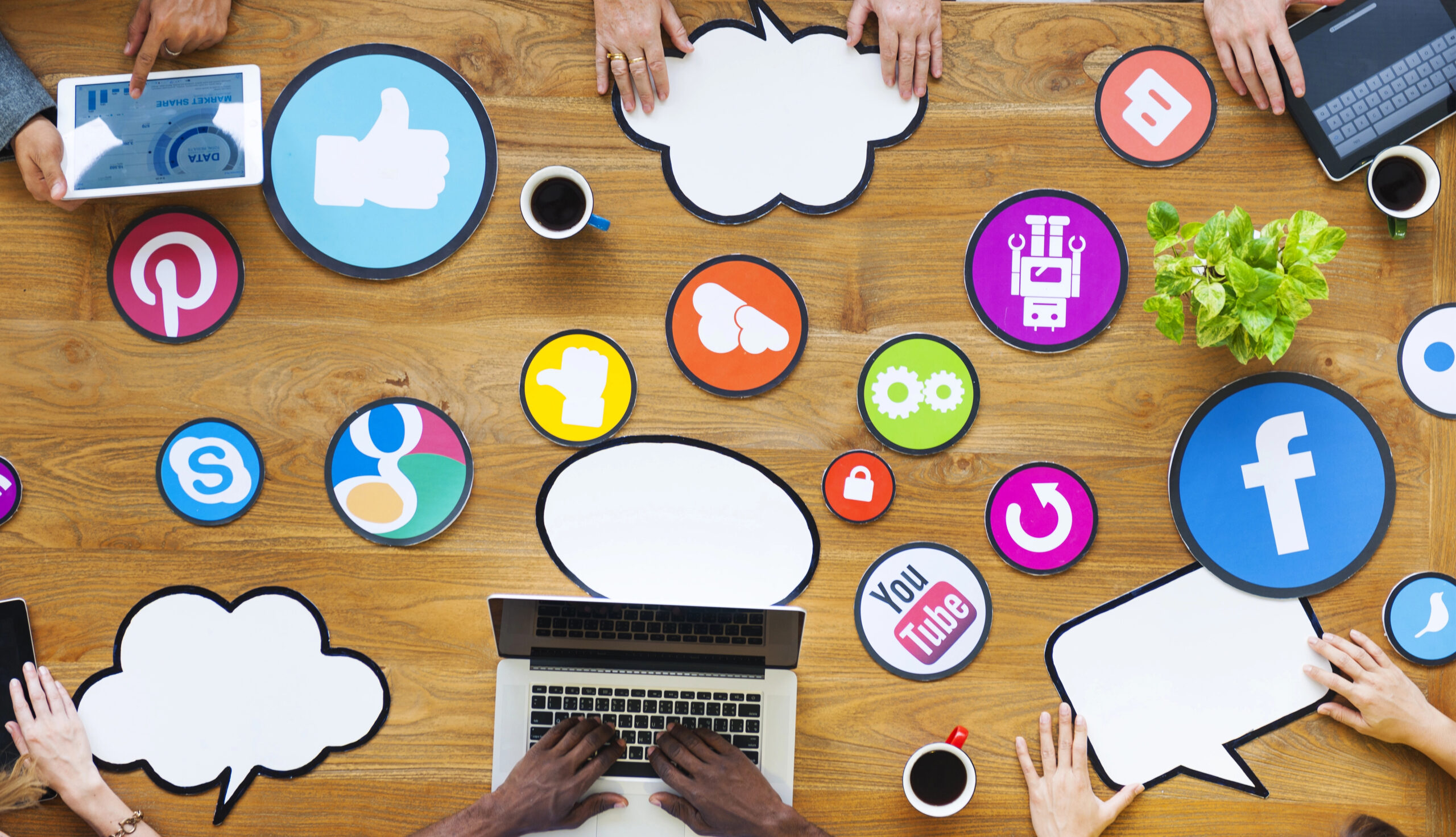Social Media Day (June 30)

Social Media Day is a time to recognize how far digital connection has come, and how much it influences everything from friendships to global movements.
Held on June 30 each year, it celebrates the platforms that shape how we communicate and express ourselves.
Whether you’re posting, scrolling, or building a brand, it’s a chance to reflect on your online presence and engage with others intentionally. One of the weird June holidays, but definitely impactful.

When is the Holiday?
Social Media Day is celebrated annually on June 30.
Who Invented It?
Mashable created the holiday in 2010 to honor the role of social platforms in modern communication.
It quickly took off, with global meetups and online celebrations becoming a yearly tradition.
Though initiated by a media site, the day is now embraced by digital users worldwide, from casual posters to full-time creators.

The History of the Holiday
It began as a recognition of how drastically platforms like Facebook and Twitter had changed communication.
While the internet had fostered connection for decades, social media’s rise created an always-on, interactive, global community.
In its early years, events centered around in-person meetups.
Today, digital-first celebrations dominate: live Q&As, webinars, and content challenges bring people together across platforms.

Top 5 Facts About the Holiday
The first viral TikTok wasn’t on TikTok. Before TikTok took off, Vine and Musical.ly laid the groundwork for short-form video fame—some of today’s influencers got their start there.
The average internet user spends over 2.5 hours a day on social media. That’s more time than most people spend eating, reading, or exercising.
Social media has changed language. Hashtags, acronyms like “FOMO” and “IRL,” and emoji reactions have transformed the way we write and speak.
Some platforms have shaped entire job markets. Careers like “social media manager,” “content creator,” and “influencer” didn’t exist before 2005.
Social media activism has real impact. Viral campaigns like #IceBucketChallenge raised millions, while movements like #MeToo shifted global conversations.

Activities to Celebrate
Host a Throwback Thread or Reel Series: Share your social media journey by posting one old post per hour, with reflections on how your content, tone, or goals have changed.
Create a Social Media Time Capsule: Save a folder of your favorite posts, stories, and comments from the past year. Include screenshots, captions, and hashtags to “look back” on next year’s socials.
Host a Social Media-Free Hour (or Day): Encourage your audience to take a break, then ask them to reflect or journal about how they felt being offline. Share the best takeaways later.
Design a “Platform Personality” Bingo: Make a bingo card with platform-specific habits (e.g., “posted an Instagram Story just to delete it,” “retweeted a meme,” “joined a Facebook group you never visited again”). Share it and tag friends.
Do a Digital Gratitude Chain: Post a thank-you to someone who’s impacted your social presence (a follower, collaborator, or mentor) and tag them, encouraging them to keep the chain going.
Run a ‘Worst Post Ever’ Contest: Invite followers to submit their most awkward or outdated posts. Vote via poll or comment likes. Offer a fun, low-cost prize (like a custom meme).
Recreate a Viral Trend… with a Twist: Pick a past trend or meme and remake it in a new context (e.g., educational, nostalgic, ironic).
Interview Someone Live: Host a short live chat with another creator, brand, or even a family member who uses social media differently than you do—compare experiences across platforms or generations.
Create a “What If?” Social Media Timeline: What if MySpace had beaten Facebook? Or if Vine had survived? Make a creative post exploring alternate digital histories.
Build a Social Media Toolkit: Share your favorite free tools for editing, scheduling, analytics, or engagement (like Canva, Buffer, or Notion)—bonus points for a carousel or video tutorial.

**This post may contain affiliate links. As an Amazon Associate and a participant in other affiliate programs, I earn a commission on qualifying purchases.**
Links to Resources
Social Media Audit Checklist by HubSpot. A step-by-step guide for reviewing your platform performance, tone consistency, follower engagement, and improvement areas.
Common Sense Education – Digital Citizenship Curriculum. Lesson plans and videos for teaching students how to be respectful and safe online—great for classrooms or homeschool use.
Canva Social Media Templates. Free, customizable templates for Instagram, Facebook, and more. Useful for creating celebratory posts or content challenges.
Sprout Social’s Social Media Calendar Template. A downloadable spreadsheet and planning guide for organizing your posts around holidays, campaigns, or brand themes.
Vlogging Kit for IPhone. A beginner-friendly kit with a tripod, LED light, and microphone. Great for improving your video quality across platforms like TikTok, YouTube, and Instagram.
Influencer: Building Your Personal Brand in the Age of Social Media. A popular read for anyone looking to turn their social presence into a brand. Covers growth strategies, monetization, and audience building.

Related Holidays
Data Privacy Day (January 28) – Raises awareness about protecting personal information online, including social media privacy settings and responsible sharing.
International CAPS LOCK Day (June 28) – A tongue-in-cheek celebration of over-the-top internet shouting. Often marked with all-caps posts and humorous takes on online expression.
World Emoji Day (July 17) – Recognizes the cultural impact of emojis on digital communication. Many platforms announce new emojis or host themed events.
National Video Game Day (July 8 ) – Celebrates the cultural and creative impact of video games, from retro arcades to modern esports. Often shared and discussed heavily across social media platforms.
Pin it!
Share this post about Social Media Day on Pinterest!

